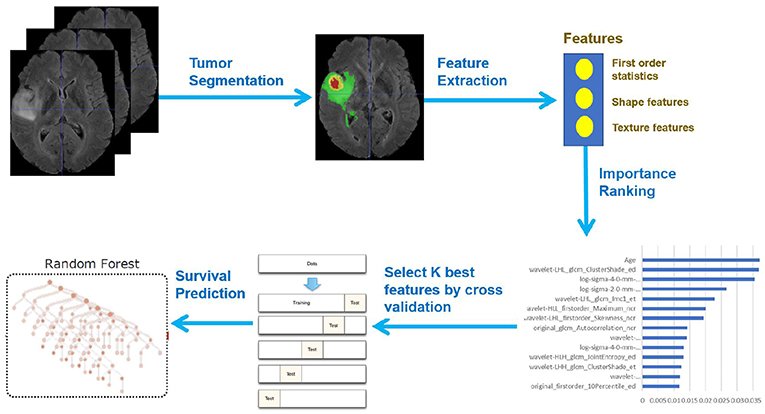Quick Summary
Researchers have created an artificial intelligence (AI) model capable of identifying the spread of metastatic brain cancer through MRI scans, providing valuable insights into patient conditions without the need for invasive surgical procedures.
Key Features and Findings
- High Accuracy: The AI model demonstrated an 85% accuracy rate in detecting cancer cells in surrounding brain tissue.
- Study Parameters: The model was tested on MRI scans from over 130 patients who underwent surgery for brain metastases at The Neuro (Montreal Neurological Institute-Hospital).
- Comparison with Traditional Methods: The AI’s results were validated against microscopic observations made by doctors on tumor tissue.
Understanding Brain Metastases
- Brain metastases are the most prevalent form of brain cancer, occurring when cancer cells from other body parts spread to the brain.
- These tumors can be aggressive, particularly when they invade healthy brain tissue, complicating treatment options.
Research Insights
Dr. Matthew Dankner, an Internal Medicine Resident at McGill University, noted that previous studies linked invasive brain metastases to shorter survival rates and increased tumor regrowth risks. The current findings highlight the potential of machine learning to enhance cancer understanding and treatment.
AI Model Development
- The AI model identifies subtle changes in surrounding brain tissue that indicate cancer spread, detecting patterns often missed by traditional imaging methods.
- Developed by Dr. Reza Forghani’s lab, the model was created during his tenure at the Research Institute of the McGill University Health Centre and the University of Florida College of Medicine.
Future Directions
- Researchers aim to refine the AI model for clinical use and expand the study with larger datasets.
- Dr. Benjamin Rehany, a Radiology Resident at the University of Toronto, emphasized that with further development, the AI model could significantly improve early and accurate detection of cancer spread in the brain.
Support and Acknowledgments
This research received support from various organizations, including the Canadian Cancer Society and Health Canada.
Conclusion
The development of this AI model represents a significant step forward in non-invasive cancer detection, potentially improving patient outcomes and treatment strategies in the future.
